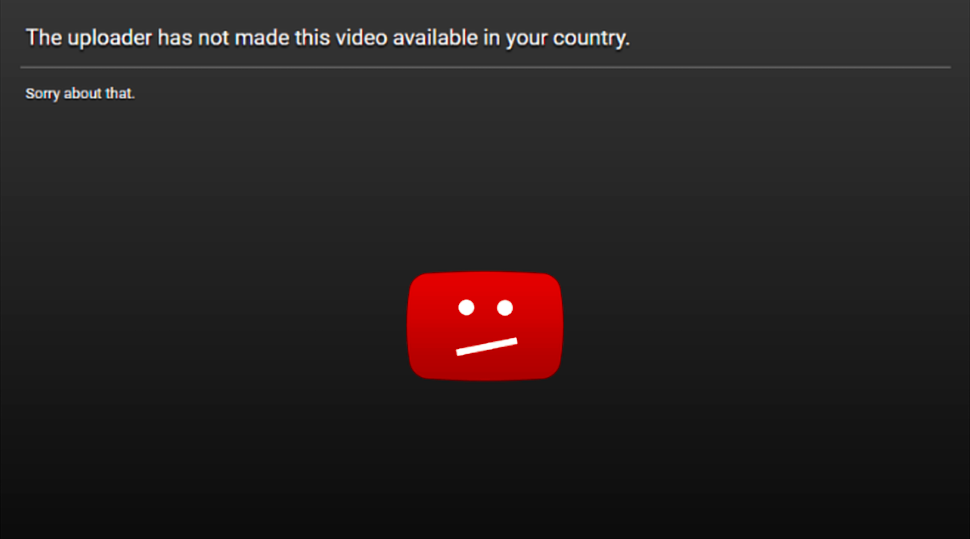Does this mean all countries law applies to it?
Basically yes.
If the videos are in english and are about science in general does
this mean if some country some day bans ( imprisonment ) science
videos or use of a specific colour in videos can they
extraterritorialy enforce this imprisonment if they are in some other
country like USA or India?
With respect to criminal cases, only if it can arrest that person or convince another country to arrest and extradite that person. Generally speaking, countries will only extradite someone if it is a serious offense under the domestic laws of the country of arrest as well as the country requesting that the person be handed over, and also only if the crime occurred in or was targeted at the requesting country.
Sometimes the arrest is not legal in the place where it is made. For example, in this case decided by the U.S. Supreme Court (the quote is from the official syllabus to the case):
Respondent, a citizen and resident of Mexico, was forcibly kidnapped
from his home and flown by private plane to Texas, where he was
arrested for his participation in the kidnapping and murder of a Drug
Enforcement Administration (DEA) agent and the agent's pilot. After
concluding that DEA agents were responsible for the abduction, the
District Court dismissed the indictment on the ground that it violated
the Extradition Treaty between the United States and Mexico
(Extradition Treaty or Treaty), and ordered respondent's repatriation.
The Court of Appeals affirmed. Based on one of its prior decisions,
the court found that, since the United States had authorized the
abduction and since the Mexican government had protested the Treaty
violation, jurisdiction was improper.
Held: The fact of respondent's forcible abduction does not prohibit
his trial in a United States court for violations of this country's
criminal laws.
U.S. v. Alvarez-Machain, 504 U.S. 655 (1992).
I mean can a country just bring to jail any youtuber outside its
borders ( using its national language as the language of the video )
who uploads content of international appeal because of some law?
If the country can manage to arrest the person, yes. There are high profile cases from Saudi Arabia where that has happened. See, e.g., here and here (a blogger and his sister arrested in Saudi Arabia, while his wife and children flee to Canada), here (journalists for Lebanese periodical arrested in Saudi Arabia in relation to years old publications) here (more journalists arrested in Saudi Arabia), here ("A male Saudi Arabian teenager has been arrested in Riyadh over a series of online videos of conversations between him and a female Californian streaming-video star that went viral."), here (Yemeni blogger), and here (Washington Post journalist tortured and killed in Saudi Arabian embassy in Turkey at the direction of a senior member of the Saudi Arabian royal family).
Also can a country just hold liable for youtube's data privacy
practices a youtuber outside its borders and enforce the judgement if
the practices of both youtuber and their chanell and youtube is legal
in their home country?
A country can hold anyone liable for anything its domestic laws allow it to hold someone liable for, and can enforce that judgment against any assets it can exert power over. Some countries with similar legal systems recognize each other's court judgments widely. Countries with very different legal systems often don't recognize each other's judgements.
For example, most European countries do not recognize U.S. money judgment for torts (i.e. civil wrongs such as personal injury awards).
Similarly, the U.S. does not recognize most foreign defamation judgments, and does not recognize most judgments of Saudi Arabian courts.
One last thing is wether inclusion of ads make a difference?
Usually not. But it can matter for purposes of assertions of lawsuit liability over someone outside the jurisdiction seeking to impose liability for something that harmed someone in their country. If conduct amounts to "doing business" in the country seeking to impose liability or amounts to a "purposeful availment" of the laws of the country seeking to impose liability in some why, an imposition of extraterritorial liability is more likely, and that tends to happen more in cases where there are ads that are commercial targeting the people of the country where the courts seek to impose liability.

